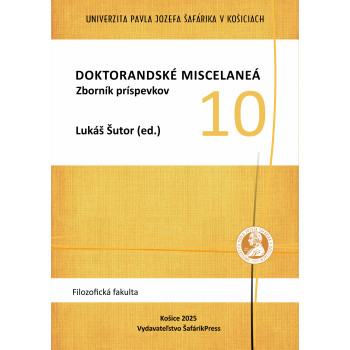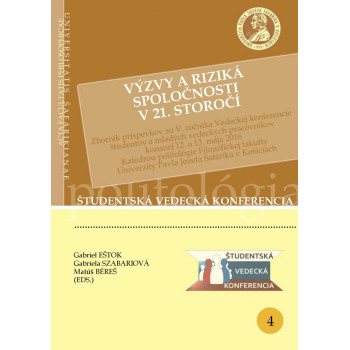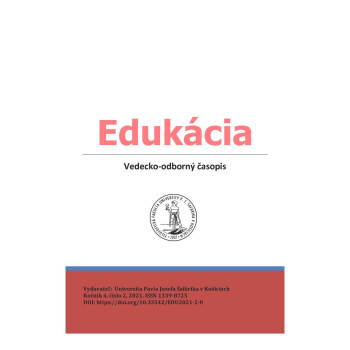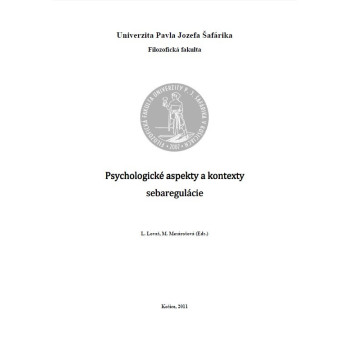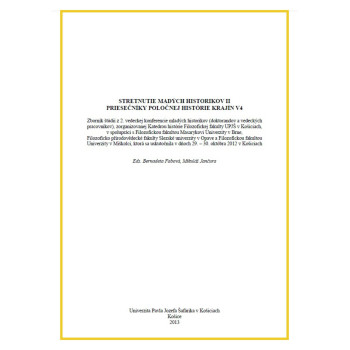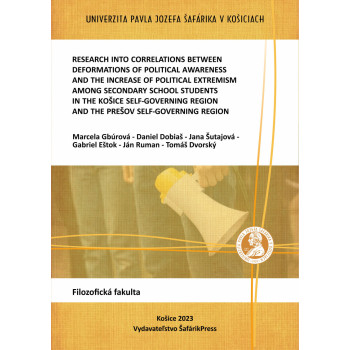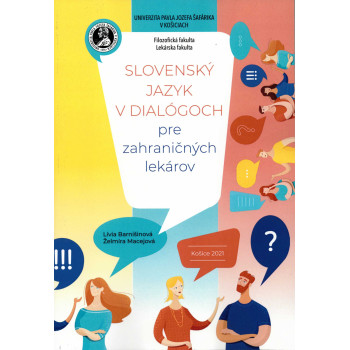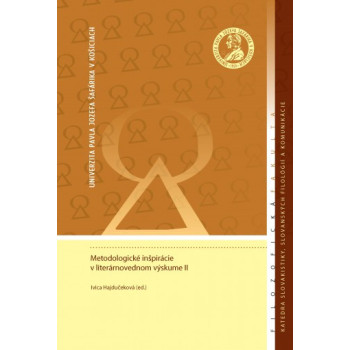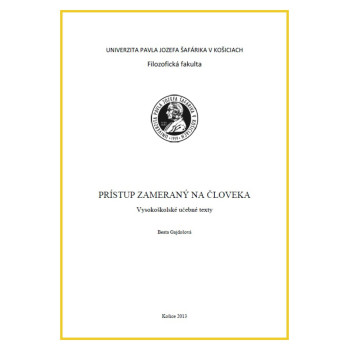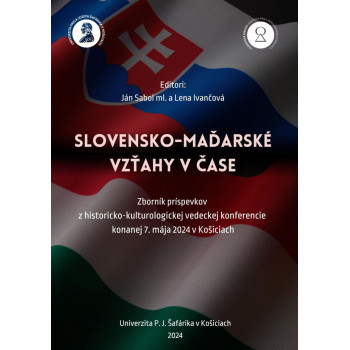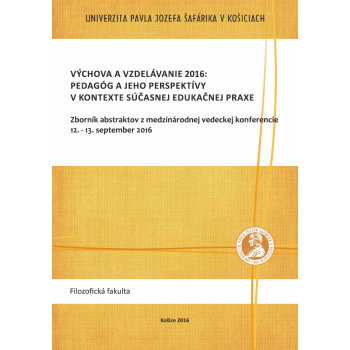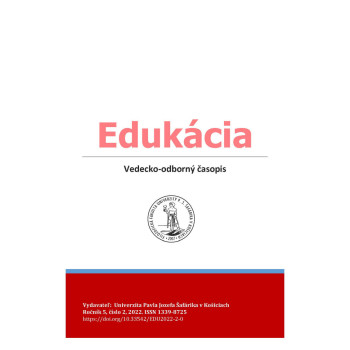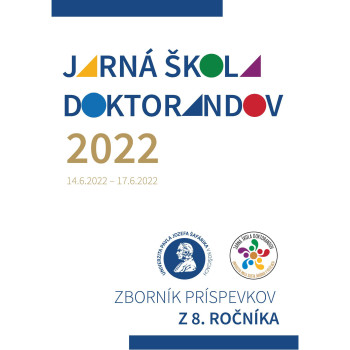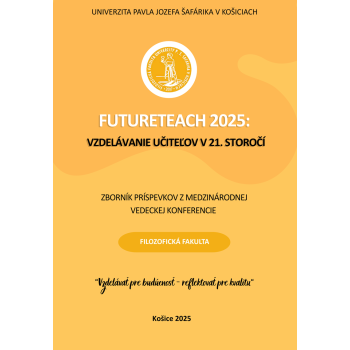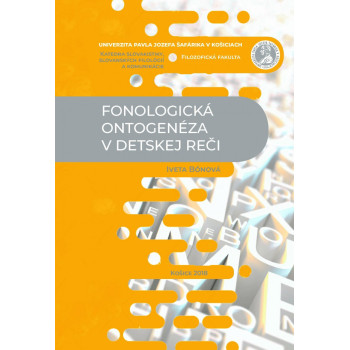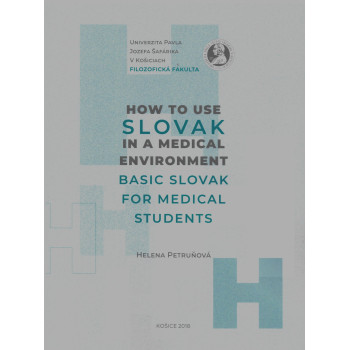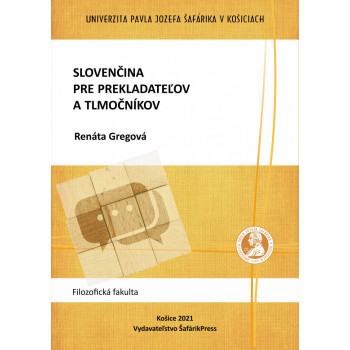
Doktorandské miscelaneá 10 (2025)
E-book
Lukáš Šutor (ed.)
Okrúhle číslo Doktorandských miscelaneí nás vyzýva na krátke bilancovanie. V desiatich zväzkoch zborníka sme uverejnili spolu 116 príspevkov zo siedmich doktorandských študijných odborov. V každom čísle boli zastúpené štúdie z literárnej vedy (v prvých šiestich zväzkoch bol pre interdisciplinárne filologické štúdie používaný názov literárna veda/slovakistika). Z ostatných odborov boli najčastejšie uverejňované texty z filozofie a sociálnej práce, pričom štúdie z filozofie chýbali iba v posledných dvoch zväzkoch a štúdie zo sociálnej práce v prvých dvoch a v siedmom zväzku.
V zborníku sa snažíme udržiavať prvotnú myšlienku, ktorou bolo kultivovať domáci výskumný priestor najmladšej generácie bádateľov v interdisciplinárnom dialógu, čo si vyžaduje dosahovanie medzinárodných štandardov kvality, no na druhej strane aj zachovanie identity zborníka ako jedinečnej domácej publikačnej platformy.
Download the e-book for free (pdf.)



